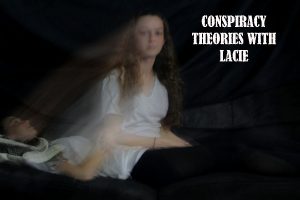The Greatest Three-Hour Fever Dream I’ve Ever Watched
Review of “Beau is Afraid”

“Beau is Afraid” is the third feature film from horror director Ari Aster, known for nail-biting films like Hereditary and Midsommar. Hhowever, unlike his previous horror-oriented films, Beau is Afraid is an odd mix between surrealist nightmare and shockingly funny comedy. With quite the mixed reception, a three hour runtime, and its status as a box-office bomb with reports of people walking out the theater, I was cautiously optimistic but had no idea what kind of wild ride I was getting myself into.
May 24, 2023
“Beau Is Afraid” is so much to process in one sitting. Almost three hours long, this surrealist nightmare of a movie manages to combine so many emotions all at once. This movie would go from feeling downright uncomfortable, with the pure dread encapsulated in the first act, to having humorous and even funny moments, as well as a surprising sense of relatability and empathy for a lot of the struggles the titular main character goes through. Overall, though the movie may be long, I never felt that it was moving at a slow pace, and I don’t think I would take anything out without losing something from the movie.
The movie is split up into three main acts. The first act shows the daily life of Beau, an incredibly neurotic and paranoid man living in a nightmarish version of our society: no one is to be trusted, crime is looming everywhere and there’s an unnerving sadness present across this whole act. I find this act to be the most relatable, as Beau’s daily trials and tribulations, though extremely exaggerated, are surprisingly accurate. After receiving medication from his therapist, Beau accidentally takes it without using water, which can cause death. In another instance, Beau is accused of playing loud music in his apartment, and proceeds to get angrier and angrier letters slipped under his door, even though there was no music in the first place. From being blamed for something he didn’t do and the paranoia that comes from it to plain irrationality, Beau’s character was surprisingly relatable to me; I tend to overthink and have irrational thoughts about problems that are simple, and I know what it’s like to be blamed for issues that you did not cause. These details made me very empathetic towards the main character, and this act was extremely unsettling in the best way possible.
The second act changes the pace a bit after Beau gets run over and is taken care of by characters Grace and Roger. This is where we truly see the movie begin to unravel, as more information is slowly revealed about not only Beau’s mother, but his inner psyche as well. It’s harder to define this section of the film and what it all means, as from here on out the film only gets more surreal and the line between reality and fiction becomes more blurred. We are also introduced to the troubled teenage daughter of the couple that takes in Beau, who is frequently seen taking as many pills as humanly possible, and even seemingly inedible objects, in order to find some sort of high. This continues the themes of struggling internally that many characters face, and it makes me appreciate every little detail in this movie so much more.
As the movie continues into the third act, we begin to see Beau’s deepest desire of wanting to start a family, but with a subconscious fear of losing it all. We see him escape his predicament in the last act by discovering a hidden society in the woods; perhaps these are people who are also trying to find themselves the same way Beau has been during this movie, and we see how the trauma Beau has faced has affected his life. When Beau eventually reaches his mother’s house for the funeral, it is revealed she is actually still alive (along with many other grotesque things). We finally see how his mother really treats him, practically gaslighting him into believing he was not responsible enough and didn’t care enough to visit his mother. This was honestly the most crushing part of the movie for me, it was incredibly depressing seeing Beau accept all this guilt that he never should have accepted and being manipulated into thinking he was the problem.
And then there’s the ending.
The movie ends with a trial of sorts. After strangling his mother, an incredibly unnerving scene that seems to stem from all his frustration and the manipulation he faced boiling to this very point, Beau is tried for being a terrible son, with a seemingly vast and liminal auditorium that appears out of nowhere after he attempts to escape. Just when he thinks he can finally escape the clutches of his mother and become independent, he is seemingly trapped in her cycle. The mother’s “lawyer” begins to accuse Beau of all of these terrible acts he committed when he was younger, even when most of them could simply be boiled down to peer pressure from worse individuals or simply making mistakes, but Beau is unable to defend himself. He simply accepts the guilt because he can’t take responsibility or stand up for himself. It is an incredibly heartbreaking portrayal of how being locked in your own anxieties and self-loathing can truly bring someone to their lowest.
Beau accepts defeat, and thus, the boat that he stands on blows up and sinks, with the final shot of the movie staying with the auditorium as people slowly begin to stand up and leave among the rubble. It’s an incredibly eerie way to end the movie, and I remember my jaw stayed dropped for the entirety of it. At first I was disappointed by the ending, thinking it was an unsatisfying way to resolve the story. I just wanted to see Beau succeed, but that’s just not how the world works, and I now think it’s an incredibly bittersweet way to show how guilt can affect someone.
This movie will stay with me for a long time. It was incredibly exciting, depressing, existential, scary, funny and just plain weird, all wrapped up into one nice little three-hour package. We can all learn something from this movie, and one of my biggest takeaways is that you can’t let guilt, anxiety and shame define yourself. It’s movies like these that expand the medium to new, exciting directions and makes me remember why movies are art.

![Posing with their UIL State Trophy, the Robolobos Van Halen Team beams with excitement after their win. “It was a team effort,” junior Noah Vo said. “I was happy because something happened in the first match and the match was also really close. So [when] they finally revealed it, I was pretty happy.” Photo courtesy of Amy Lovelace](https://cphswolfpack.com/wp-content/uploads/2025/05/IMG_0910-EDIT-1200x723.jpg)

![Broadcast, yearbook and newspaper combined for 66 Interscholastic League Press Conference awards this year. Yearbook won 43, newspaper won 14 and broadcast took home nine. “I think [the ILPC awards] are a great way to give the kids some acknowledgement for all of their hard work,” newspaper and yearbook adviser Paige Hert said. “They typically spend the year covering everyone else’s big moments, so it’s really cool for them to be celebrated so many times and in so many different ways.”](https://cphswolfpack.com/wp-content/uploads/2025/05/edited-ILPC.jpg)











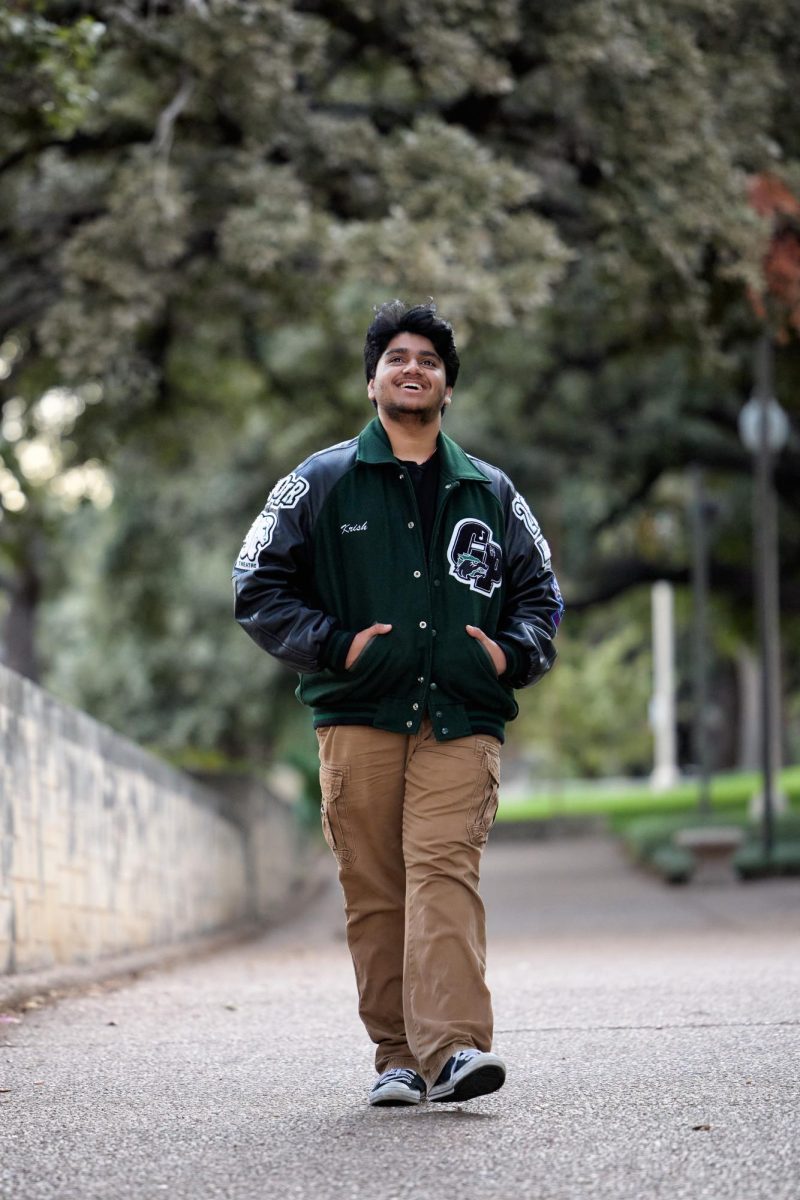

![Bringing her arm over her head and taking a quick breath, junior Lauren Lucas swims the final laps of the 500 freestyle at the regionals swimming competition on date. Lucas broke the school’s 18-year-old record for the 500 freestyle at regionals and again at state with a time of 4:58.63. “I’d had my eye on that 500 record since my freshman year, so I was really excited to see if I could get it at regionals or districts,” Lucas said. “ State is always a really fun experience and medaling for the first time was really great. It was a very very tight race, [so] I was a bit surprised [that I medaled]. [There were] a lot of fast girls at the meet in general, [and] it was like a dogfight back and forth, back and forth.” Photo by Kaydence Wilkinson](https://cphswolfpack.com/wp-content/uploads/2025/03/Kaydence-2.7-23-edit-2.jpg)
![As the support team sits and poses for a photo in the cafeteria with the counseling team they eagerly wait to start their day. "We [all] seem to be a team, I get up every day and there's days where I don't want to go to work today, but I'm thankful that I have a job and I'm blessed to have what I have," Christopherson said. Photo Courtesy of Julie Weltens.](https://cphswolfpack.com/wp-content/uploads/2025/01/AF9E8470-10D7-4C91-BF28-EC8F86BAB66C-1200x852.jpeg)
![Officer Stephanie Cash is in her second year as an SRO at CPHS. “Seeing [students] grow over the years has been kind of cool,” Officer Cash said. “Freshmen that [are] all over the place and then in the next couple of years get a little more squared away and go to class and do work and start thinking about the future. Being a part of a student's growth is the best way to measure my success as an SRO.” Photo Courtesy of Cedar Park Police Department's PIO, Alicia Gallagher.](https://cphswolfpack.com/wp-content/uploads/2024/12/CPHS-SRO-900x1200.jpg)
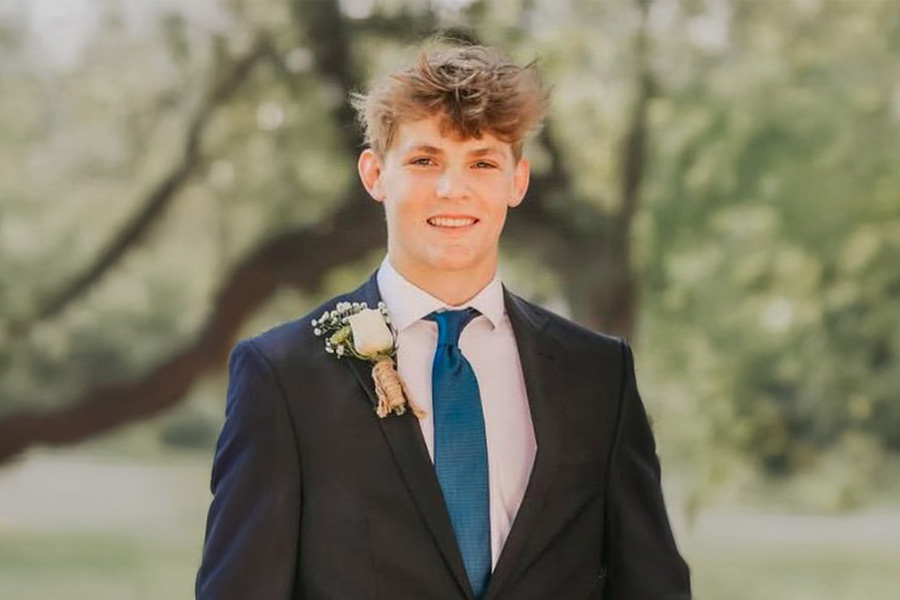

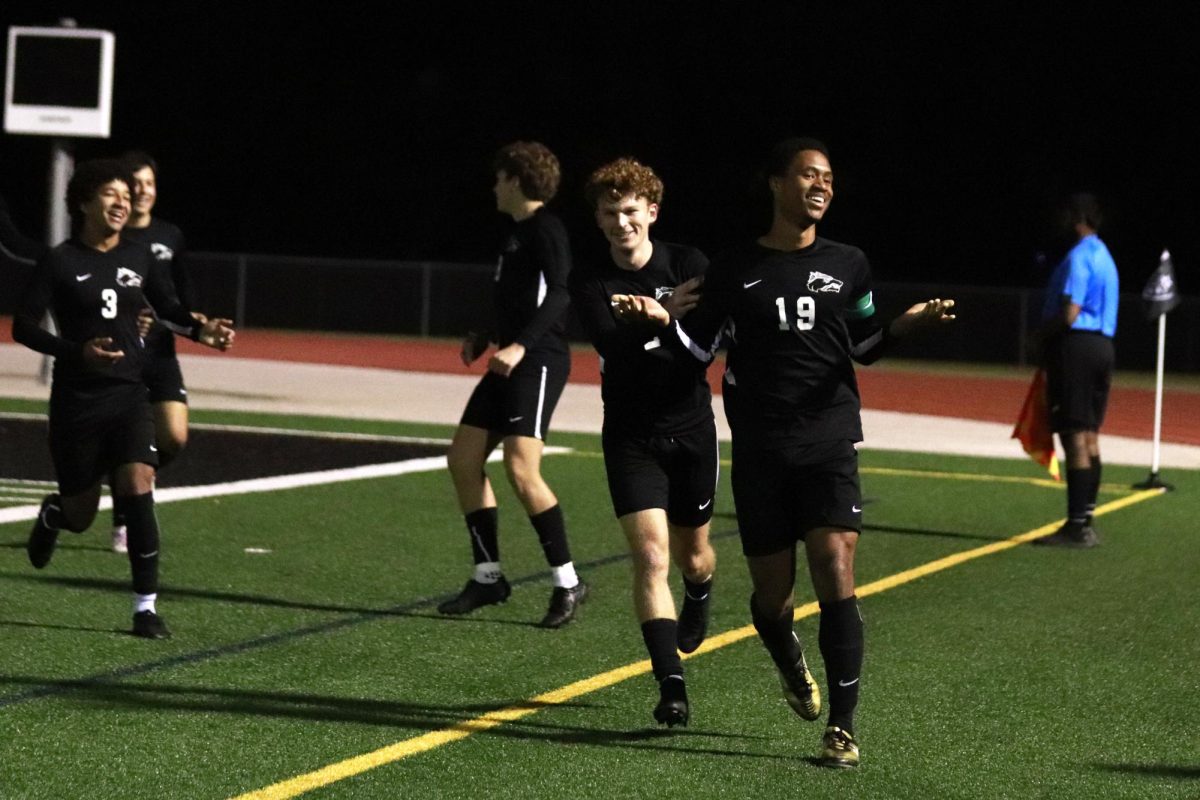
![Taking a breath as he raises his arm up and out of the water, sophomore Kaden Padilla swims the 500 freestyle at the UIL state meet on Feb. 21-22. Padilla placed 10th overall and second in the consolation final in the event, dropping two seconds. “My family was there, so being able to drop time for them was really special,” Padilla said. “It was awesome [finding out I advanced to the consolation finals]. I wasn’t expecting it, and I was very surprised. My parents being there definitely made me a lot happier knowing they got to see me swim in finals.” Photo by Skyler King.](https://cphswolfpack.com/wp-content/uploads/2025/03/kaden-padilla.jpg)

![Three defenders try to stop senior point guard Hope Edwards before the ball leaves her hands. The girls basketball team faced Liberty Hill on Feb 21, losing 58-40. “[My season was] definitely bittersweet,” Edwards said. It's definitely sad [because] I'm gonna miss all my teammates, my coaches and just the whole CP environment.”](https://cphswolfpack.com/wp-content/uploads/2025/03/julia-128-1200x800.jpg)

















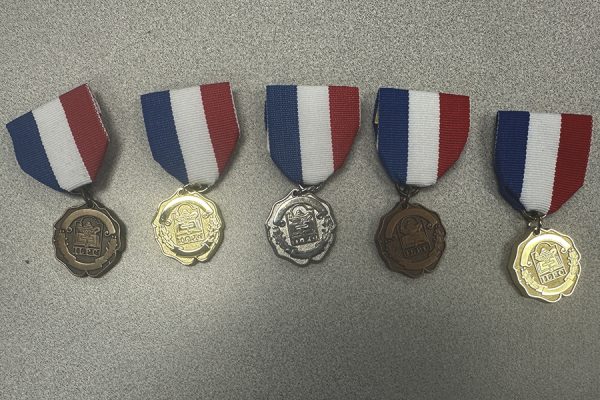






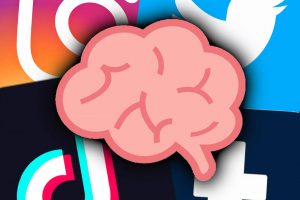
![Whereas classical art depicts a scene and tells a story, often of mythology or religious references, artists of modern times focus more on expressing ideas and feelings. The style of back then has since been replaced by splashes of color, curvy lines and other new art techniques. "[Over time] I think art has shifted more to emotion rather than human beauty, " sophomore Braeden Murray said. "Modern art is significantly more abstract and doesn't have an obvious theme in mind. Very simple shapes, no people to be seen, and more colorful. I think in the older [time period] the art was definitely more human based, with biblical [references] while modern art is more emotion based because it's not depicting a particular scene or action that's happening.”](https://cphswolfpack.com/wp-content/uploads/2023/02/2023-vs-1503-300x200.png)
